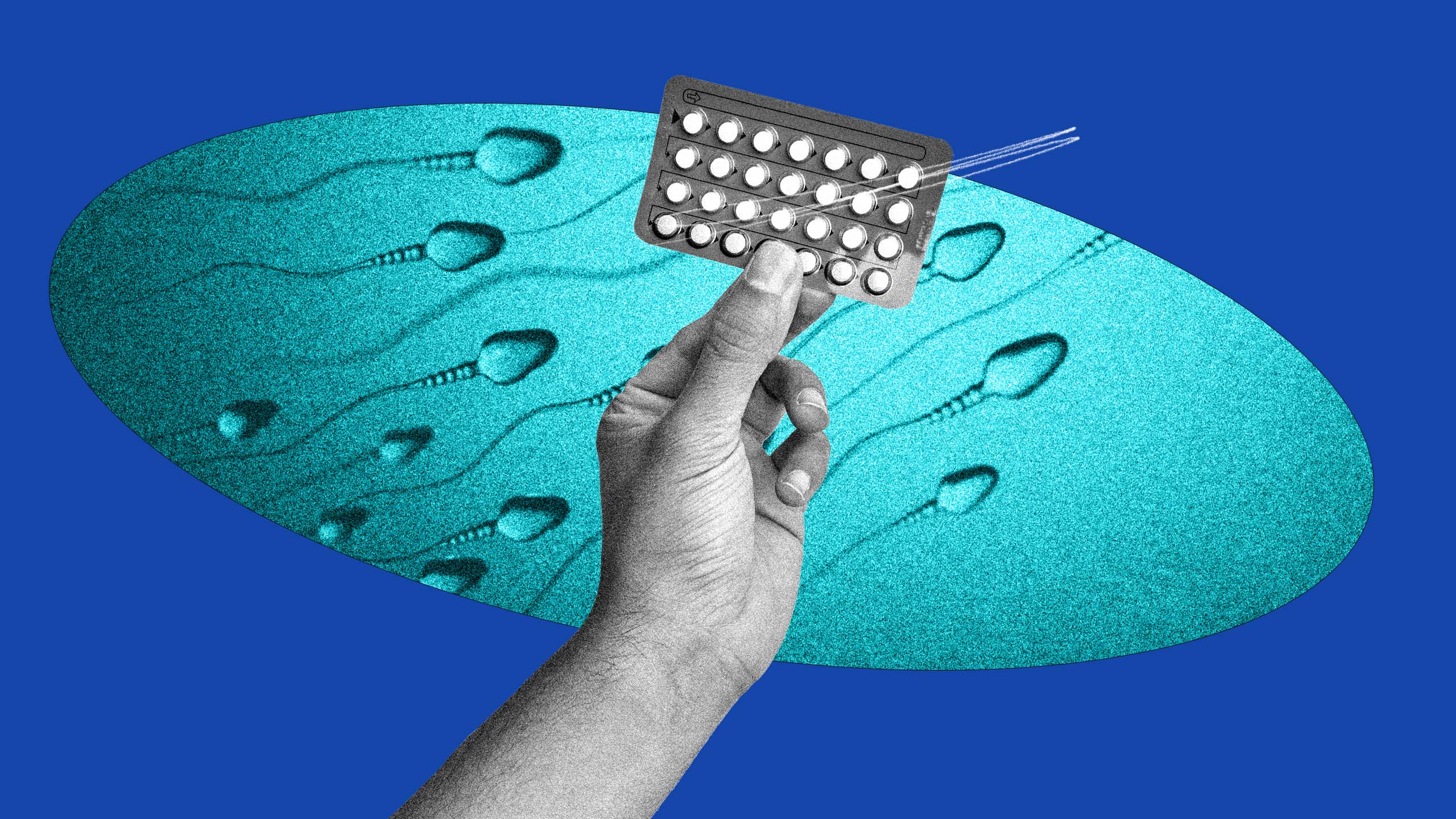Trans women who have been on long-term hormone replacement therapy can still produce viable sperm after pausing hormones, a new study from Amsterdam UMC and the Murdoch’s Children Research Institute in Australia has found.
Published in Cell Reports Medicine on Jan. 17, the study followed nine trans women in Australia and the Netherlands who stopped gender-affirming hormone therapy (GAHT) of estrogen and anti-androgens in order to try and conceive. In all cases, the women were found to produce viable sperm after varying amounts of time.
Three women were able to genetically conceive children with current partners, while the others were interested in sperm banking to preserve the possibility of having a genetically related child in the future.
“Thus far, the assumption was that after the start of feminizing hormones and testosterone blockers trans women would become infertile; therefore the results were surprisingly positive,” Norah van Mello, one of the authors of the study, told The Daily Beast.
The study noted there was “no obvious relationship” between the length of time a patient had been on hormones, and the length of time it took for sperm to be present again after stopping hormones.
These findings complicate a right-wing narrative that opposes gender-affirming healthcare, especially for youths, on the basis of how it affects their fertility.
“The prevailing dogma in transgender health is that [gender-affirming hormone therapy] in trans women ‘eventually results in irreversible fertility,’” reads the study, quoting a previous 2016 study in The Lancet. “This view has fuelled controversy over the provision of GAHT, especially to adolescents, and is reflected in arguments to support legal efforts to restrict young people’s access to gender-affirming care.”
While it would not be possible to create viable sperm after having gender-affirming bottom surgery, the study suggests hormone treatment on its own does not eradicate fertility. Previously, a study from 2019 found that 40 percent of trans women who were taking estrogen were still producing viable sperm.
In the case of the longest transition, Patient 3, who had been on estrogen and anti-androgens for 18 years before pausing, was producing viable sperm at her 27-month check-in and was able to conceive a child with her partner after 40 months.
However, pausing hormones can cause negative effects. Subjects reported physical changes including balding, increased body and facial hair growth and breast atrophy that may have caused dysphoria.
There is fairly extensive anecdotal evidence of transmasculine people being able to have children after stopping hormone replacement therapy, with “seahorse dads” such Freddy McConnell receiving significant media coverage. A 2020 study from fertility clinic Boston IVF found that, on average, trans men who had not had a hysterectomy had similar egg yield to cis women four months after pausing testosterone.
Trans people of any gender who begin hormonal transition receive medical advice that they may lose their long-term fertility. Trans women who wish to have genetically related offspring in the future are often recommended to do sperm banking—which can be expensive: typically several hundred dollars up front, then around $200 annually for storage, according to U.S. figures from Forbes. Knowing that it is possible to regain fertility opens up more options for transfeminine people on GAHT.
However, the study’s authors “would still recommend sperm cryopreservation prior to GAHT for anyone who might want to be a genetic parent in the future,” citing “negative physical and psychological consequences” from stopping hormones as well as lower-quality semen.
Still, the fact that fertility does seem to persist, given time, opens up other pathways for transfeminine people who want to transition but have biological children one day.
“Many trans women (or non-binary individuals) receiving feminizing GAHT and who have their gonads intact believe that they are permanently infertile, as do their clinicians. Our observations will help such women make better-informed reproductive choices moving forward,” the study reads.


 Why you can trust Xtra
Why you can trust Xtra


